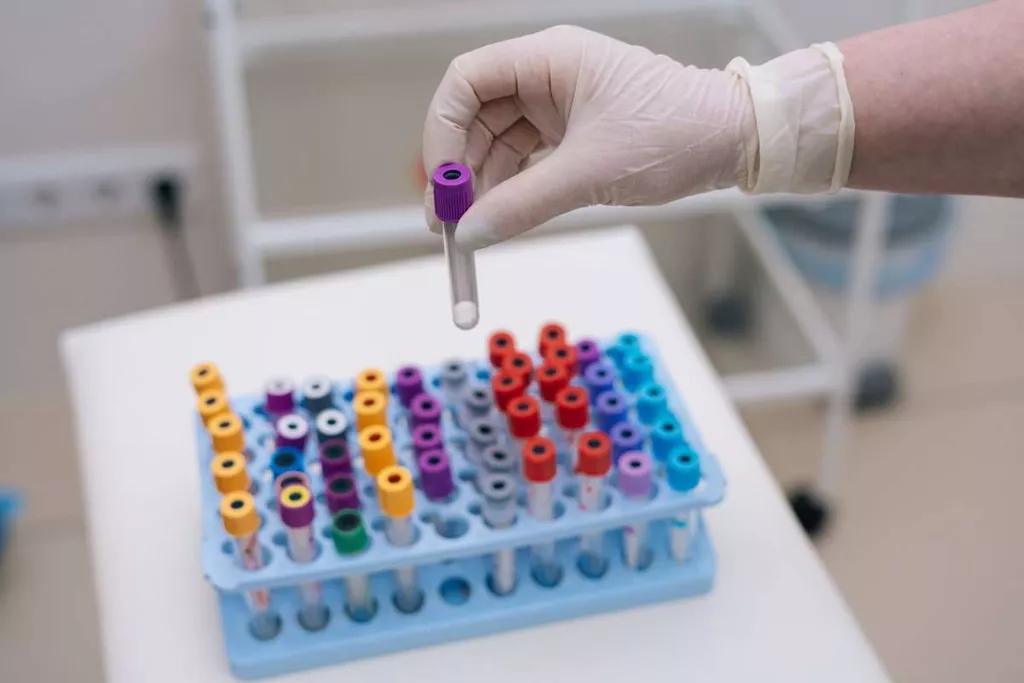
You can live approximately 8 years with Wet Brain (Wernicke-Korsakoff Syndrome) after diagnosis, as studied by Sanvisens A, Zuluaga P, et al. 2017, “Muga R. Long-Term Mortality of Patients with an Alcohol-Related Wernicke-Korsakoff Syndrome.” This varies significantly based on individual health, the severity of the syndrome, and adherence to treatment. Life expectancy for individuals with WKS is influenced by factors such as continued alcohol use, https://ecosoberhouse.com/ the presence of comorbid conditions, and the effectiveness of nutritional and medical interventions. But what exactly is wet brain syndrome, and why is it so closely linked to alcohol abuse?

How Is WK Syndrome Treated?
At Recovery what is alcoholism Unplugged, all information published on our website has been rigorously medically reviewed by a doctorate level medical professional, and cross checked to ensure medical accuracy. People with Korsakoff’s psychosis have increased difficulty with coordination and movement. They will also exhibit symptoms of retrograde amnesia and find it challenging to learn and process new information.
- Allergic or anaphylactic reactions to thiamine are rare, and the overall incidence does not warrant significant concern.
- With Wernicke’s encephalopathy, a person will develop neurological symptoms because the brain is suffering from lesions that form from a lack of adequate thiamine.
- Most people with Wernicke encephalopathy experience a progressive worsening of symptoms.
Alcohol Is Not the Only Cause of Wet Brain

Finally, chronic drinking causes an increased need for thiamine due to alcohol-related neuropathy (nerve damage). An addiction treatment program can help you access the tools and resources you need, ranging from detox programs to mental health services, that will help you overcome your addiction. At United Recovery Project, our holistic approach to addiction treatment centers around addressing and healing the underlying issues at the root of addiction. It is important to note that thiamine supplementation should continue until the patient is no longer at risk, such as as long as they are consuming alcohol. Allergic or anaphylactic reactions to thiamine are rare, and the overall incidence does not warrant significant concern.
Impact on Individuals
Wernicke-Korsakoff syndrome, also known as wet brain syndrome, is a form of dementia that is primarily caused by a deficiency of vitamin B1 or thiamine. It most commonly affects heavy drinkers and individuals who are malnourished. Let’s delve into the overview of Wernicke-Korsakoff syndrome and explore its causes. Aftercare, or post-recovery treatment, is essential for maintaining sobriety after treatment.

Wet Brain: Essential Guide to Wernicke-Korsakoff Syndrome
- In addition to conducting a physical examination, doctors may also order imaging tests to look for damage to the brain.
- He believes in the value of hard work and dedication to overcoming mental illness and will help his patients to achieve their mental health goals.
- For informational purposes only, a link to the federal Centers for Medicare and Medicaid Services (CMS) Open Payments web page is provided here.
- People with this syndrome can seem more irritable, withdrawn, or apathetic, which can be hard to separate from signs of intoxication.
However, once the condition progresses to Korsakoff psychosis, the prospects for complete recovery diminish significantly. This stage is marked by chronic and severe memory impairments and cognitive deficits that are often permanent. While some individuals may experience partial improvement with ongoing thiamine supplementation and abstinence from alcohol, the brain damage incurred at this stage is generally irreversible. Long-term management focuses on mitigating symptoms and preventing further deterioration rather than achieving full recovery.
When it comes to alcoholism and the health problems it can cause, liver diseases, such as cirrhosis, hepatitis, or fatty liver, and changes in personality or moods are often the first things that come to mind. What people tend to not think about, or might not even know about, is a condition known as wet brain. This can occur due to Wernicke encephalopathy, eating disorders, malnutrition, and alcohol abuse. Wet brain is a progressive syndrome, so the sooner you can get medical help, the more likely you are to prevent further brain damage. Once you have recognized the symptoms of the wet brain in yourself or someone wet brain meaning close to you, it is important to get treatment as soon as possible.





